Understanding the Role of an Expert Witness
Expert witnesses must understand the unique obligations and standards of their specialized legal role. As unbiased specialists, they help courts reach informed decisions in complex cases.
They interpret technical information for judges and juries, going beyond simple presentation of facts. Their expertise bridges the gap between complex subject matter and legal understanding.
Defining an Expert Witness
An expert witness is a certified individual with specialized knowledge in a particular field. Their expertise extends beyond common understanding of their subject matter. To qualify, they must demonstrate extensive credentials and deep experience in their profession.
Witness vs. Expert Witness: Key Differences
The core differences between regular and expert witnesses lies in how they provide testimony in legal proceedings. While regular witnesses can testify about events they personally observed, expert witnesses can analyze complex facts. An expert witness is a specialized individual that goes beyond what an average person would understand. Their expertise allows them to draw conclusions and offer professional opinions in court.
Expert witnesses interpret technical evidence and elaborate it clearly to the court during case hearings. Unlike regular witnesses, they can testify about matters they haven’t personally witnessed or experienced. Their testimony helps courts understand complex technical or scientific issues in cases.
The Importance of Expert Testimony
Expert witnesses bridge the gap between complex technical information and legal proceedings. They provide unbiased analysis of complicated issues that arise during trials. Their expertise helps establish facts through the application of scientific and technical principles. They bridge the knowledge gap between specialized fields and courtroom understanding. Their role ensures that technical evidence is presented clearly and accurately in legal settings.
Types of Expert Witnesses and Their Roles
The field of expert testimony draws from diverse professional backgrounds. Potential expert witnesses must first identify their area of expertise. Understanding how specific expertise applies to different case types is essential for success.
Financial and Business Experts
Financial and business experts have become essential witnesses in today’s complex legal cases. Accountants contribute vital testimony in fraud investigations, helping courts understand complex financial transactions. Business valuators provide expert analysis in disputes involving mergers, acquisitions, and company worth assessments. Economic experts calculate and explain damages in commercial litigation, offering structured analysis of financial losses.
Engineering and Construction Experts
Engineering and construction experts bring vital technical insights to legal proceedings. Civil engineers evaluate structural failures and determine root causes in construction disputes. Safety engineers specialize in workplace accident analysis and provide expertise in product liability cases. Architectural experts assess building code compliance and identify construction defects in legal disputes. These experts utilize advanced tools and methodologies to provide detailed analysis in their testimony.
Source: Freepik
Technology and Digital Media Experts
Technology and digital media experts have become essential in contemporary legal proceedings. IT professionals evaluate software patent disputes, while social media analysts assess online behavior patterns. CCTV analysts examine surveillance footage, and data privacy experts consult on information security breaches, addressing modern technological challenges in legal contexts.
Duties and Responsibilities of an Expert Witness
The Scientific Function in Expert Testimony
Scientific expert witnesses play a vital role in legal proceedings. Their function goes beyond simple data presentation to include comprehensive evidence collection and analysis. Expert witnesses conduct thorough testing and form professional opinions based on scientific methodologies.
The Forensic Function in Legal Proceedings
The forensic function of expert witnesses involves careful analysis and interpretation of legal evidence. These experts use specialized knowledge to examine physical evidence and documentation in legal cases. They rely on their five senses and professional experience to evaluate data and materials thoroughly. Their detailed analysis helps establish key facts in legal proceedings. Through careful observation and documented findings, they support informed decision-making in court.
Core Expert Witness Duties
Expert witnesses must fulfill essential duties that form the foundation of their legal services. They must provide comprehensive written reports detailing their findings and professional opinions. Thorough research within their field of expertise is required for every case they undertake. Maintaining strict impartiality throughout the legal process is fundamental to their role.
We Value Reputation,
Let’s Rebuild Yours.
A Positive Reputation is Priceless. Value and Protect It.
Developing the Competencies of an Expert Witness
Developing comprehensive competencies is essential for those seeking to become an expert witness. These competencies encompass both foundational knowledge and advanced skills that enable effective testimony and credible expert opinions.
Essential Knowledge Foundation
Being a specialist in technical expertise forms a major portion of expert witness qualifications. This profession demands maintaining current knowledge of industry standards, and staying updated with latest developments in one’s field. It also includes understanding relevant legal frameworks.
Critical Professional Skills
The development of professional skills is crucial for delivering effective expert testimony. This includes advanced communication abilities to explain complex concepts clearly to non-experts, analytical skills for evaluating evidence objectively, and report writing capabilities that meet legal standards.
Legal Process Expertise
Understanding the legal process is fundamental for expert witness effectiveness. This includes familiarity with courtroom procedures, knowledge of evidence rules, and understanding the scope and limitations of expert testimony.
Ethical and Professional Development
In this line of work, upholding high ethical standards and professional conduct is essential. Gaining credibility and reliability in the legal world is facilitated by cultivating good ethical judgement. Expert witnesses can preserve their independence and neutrality during court proceedings by being aware of their professional boundaries.
Source:Freepik
The Legal Framework for Expert Witness Testimony
For professionals seeking to become an expert witness, understanding the legal framework is essential. This framework encompasses various standards that shape expert testimony in legal proceedings. Courts rely on established procedures to determine the admissibility of expert evidence. These guidelines ensure expert testimony meets rigorous standards for credibility and reliability.
Admissibility of Expert Testimony
Expert testimony admissibility follows established legal standards that courts have developed over time. These standards act as quality control measures for the judicial system.
Courts carefully evaluate expert witness qualifications before allowing testimony in legal proceedings. Each standard serves as a gatekeeper, ensuring expert testimony meets specific requirements for court acceptance.
Daubert Standard
The Daubert standard emerged from the Daubert v. Merrell Dow Pharmaceuticals case. It transformed how courts evaluate the admissibility of expert testimony. Judges must assess scientific validity and methodology reliability. The standard ensures expert testimony is both relevant and reliable to the case.
Frye Standard
The Frye standard originated from Frye v. United States in 1923. It requires expert testimony to be based on generally accepted scientific principles. The scientific community’s acceptance is crucial under this standard. Expert methods must align with established practices in their field.
Kumho Tire Standard
Kumho Tire Co. v. Carmichael extended Daubert principles beyond scientific testimony. It applies to technical and specialized expert testimony. The standard ensures consistent evaluation of all expert evidence. Courts must verify reliability regardless of the expertise type.
Voir Dire Examination
Voir dire examination qualifies expert witnesses before testimony. Experts demonstrate their credentials and methodological reliability. Attorneys can challenge expert qualifications during this process. Judges use voir dire to determine if testimony meets legal standards. This examination ensures expert testimony will benefit the court proceedings.
Building Your Expert Witness Network
To establish an identity for themselves in the legal community, prospective expert witnesses must have a robust professional network. Establishing a strong reputation among legal experts is crucial for expert testimony success. Professional reputation is increased and important expert witness engagements are secured through strategic networking.
Building Your Reputation
Your reputation as an expert witness depends on consistently demonstrating expertise in your field. Publishing works and participating in speaking engagements strengthen your professional standing. Active involvement in professional organizations helps establish credibility in the legal community.
Finding and Securing Expert Witness Engagements
A proactive approach to professional visibility increases opportunities for expert witness work.Create a thorough curriculum vitae that emphasises your experience and areas of competence. Continue to actively participate in industry conferences in order to establish connections with legal experts.
The Selection Process: Expert Witnesses
Attorneys carefully evaluate potential expert witnesses based on specific criteria and qualifications. Understanding the selection process helps professionals prepare for expert witness opportunities.
Factors Considered by Attorneys
Academic credentials and practical experience significantly influence attorney selection decisions. Previous expert testimony experience demonstrates reliability and courtroom competence. Communication skills and composure under pressure are essential qualities attorneys seek.
Building Strong Attorney-Expert Relationships
Consistent professionalism and reliability form the foundation of strong attorney-expert relationships. Clear communication and thorough preparation demonstrate value to legal teams. Maintaining independence while working collaboratively ensures credibility in expert testimony.
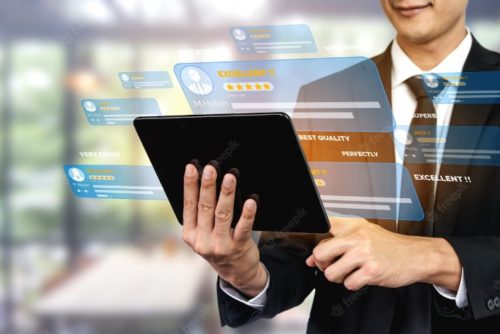
Source: Freepik
Can You Make Money as an Expert Witness?
More often than not, expert witnesses charge a sum of money for offering their expertise in a legal case. According to Glassdoor, the estimated average pay of an expert witness in the United States is over $174,000 per year.
The average rate for preliminary case reviews for expert witnesses is over $350 an hour. It is worth noting that this expert witness fee differs on multiple factors that may include the like of the practice area, location, experience level, importance of the case, complexity of the case etc.
With virtually no fee caps, experts are paid what the market demands for their services — and the market for their services is very robust.
How to Become an Expert Witness: FAQs
1. What are the limitations of an expert witness?
Expert witnesses have limitations including potential bias, varying qualifications, complex language, differing opinions, influence on decision makers, dependence on provided information, legal constraints, cross-examination challenges, cost, and subjectivity.
2. How do I promote myself as an expert witness?
To promote yourself as an expert witness, you may adopt a set of marketing strategies which could involve word of mouth promotions, making publications that strengthens your position as an expert, creation of a website and joining professional associations of experts, getting enlisted in expert witness directories etc. Basically, you need to put yourself in the spotlight as an expert.
3. How to become an expert witness nurse?
To become an expert witness nurse, you firstly need to obtain a nursing degree and gain significant clinical experience. When you develop expertise in a specific area of nursing, you may enhance your credibility through continuing education and certifications. Finally, Network with legal professionals, join associations, and market your expertise.
4. How to become an expert witness physician?
To become an expert witness physician, complete medical school and specialized training. Gain extensive clinical experience in a specific field. Stay current with medical advancements through continuing education. Develop a strong reputation by publishing research and speaking at conferences. Network with legal professionals to offer your expertise in legal cases.
5. How to become an expert witness psychologist?
To become an expert witness psychologist: Earn a doctoral degree in psychology, preferably with a specialization. Obtain licensure to practice psychology in your jurisdiction. Gain substantial experience in clinical practice and research. Acquire expertise in a specific area relevant to legal cases. Network with legal professionals and market your expertise to attorney groups and organizations.
Online Reputation Management Is Vital to Every Business.
Invest in Success, Call Us Today and Let Our Team of Professionals Help Maintain Your Good Name.

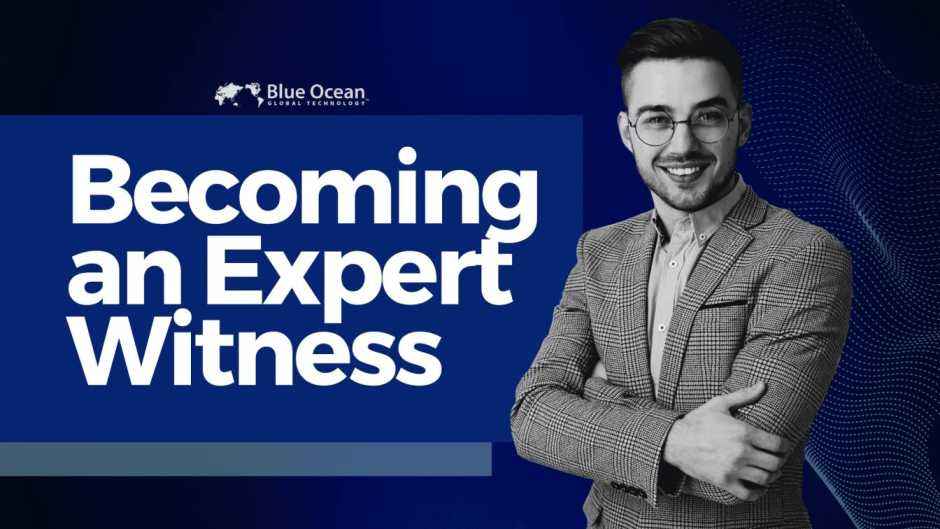




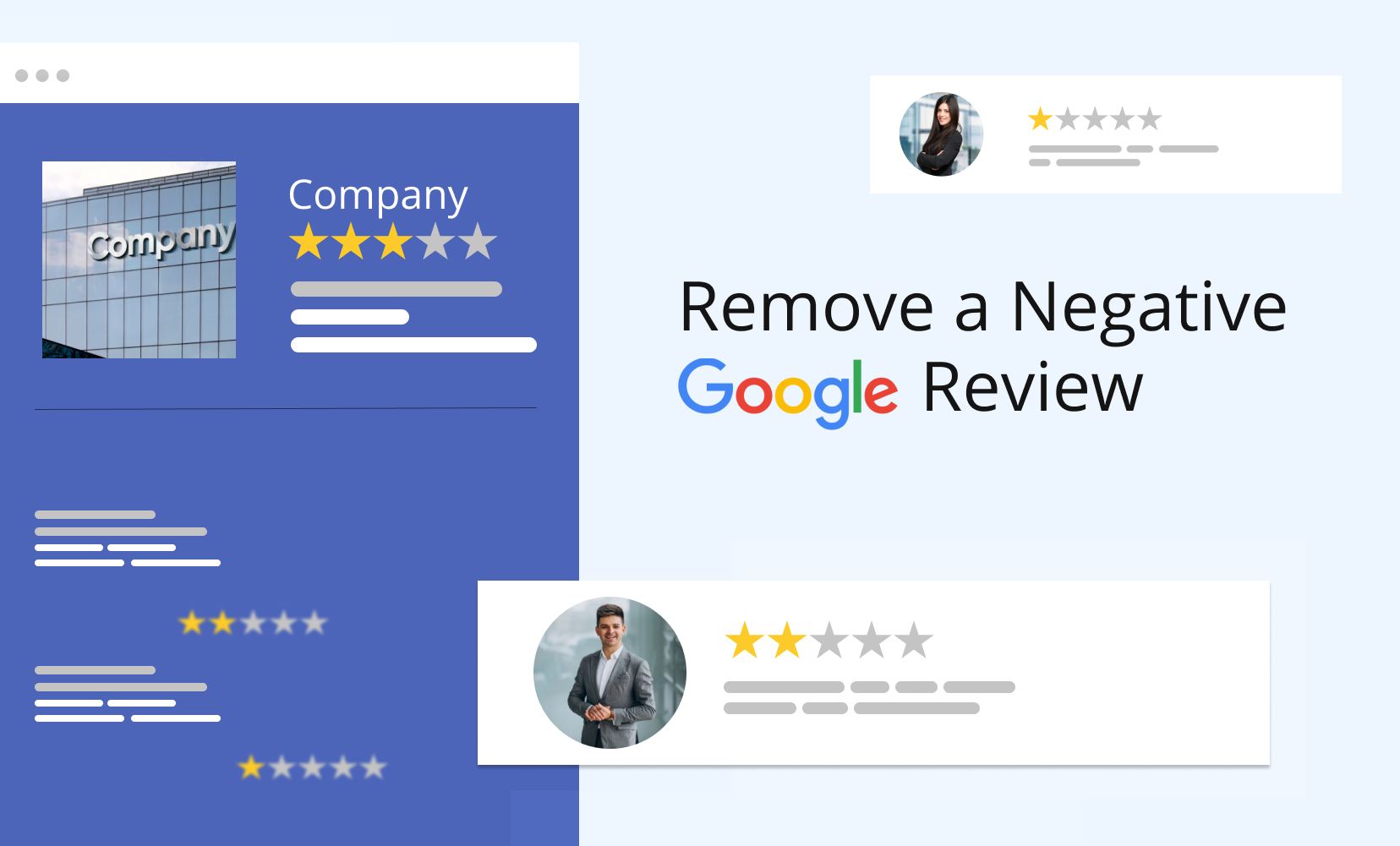
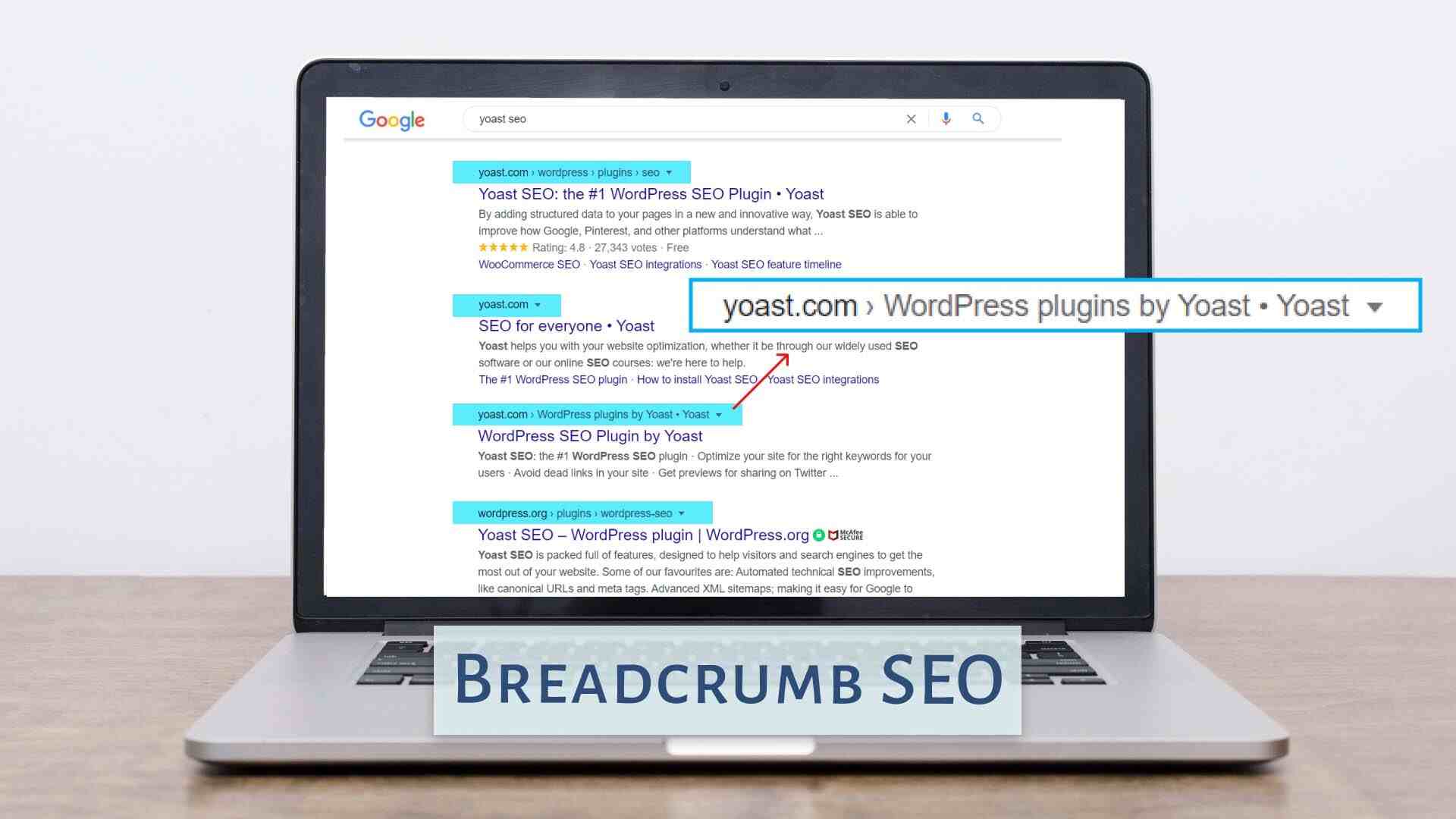







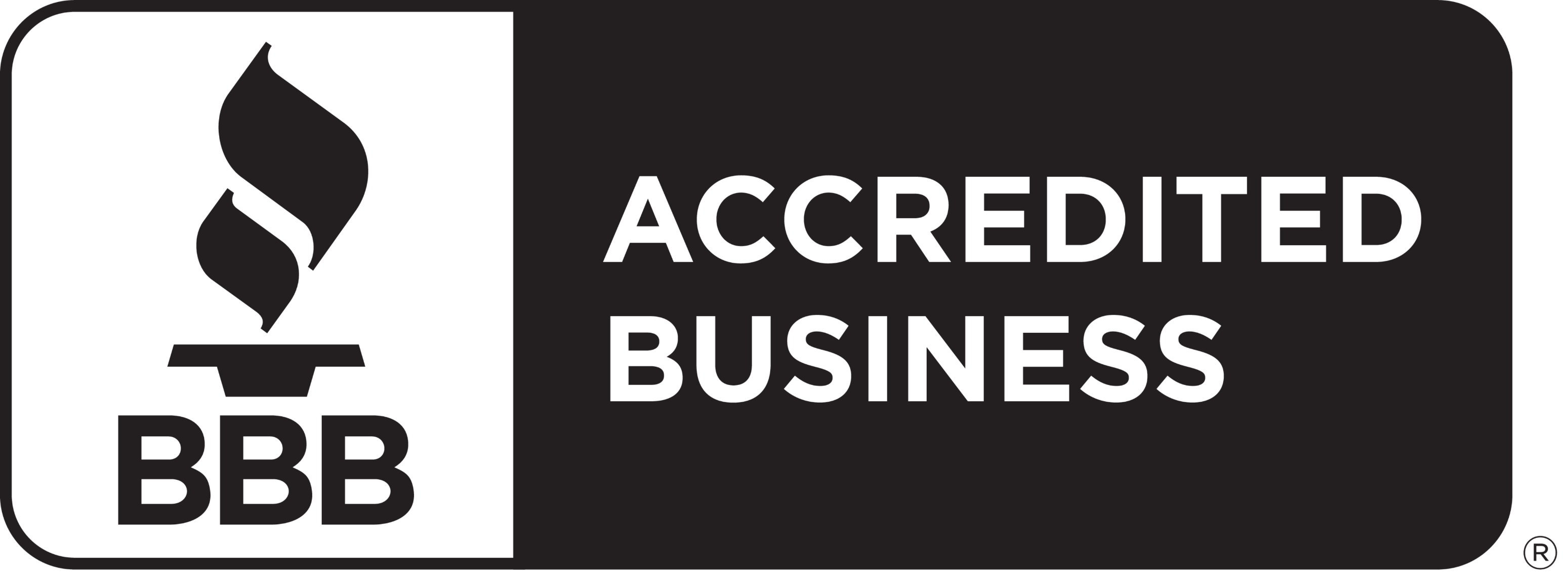
Comments are closed.